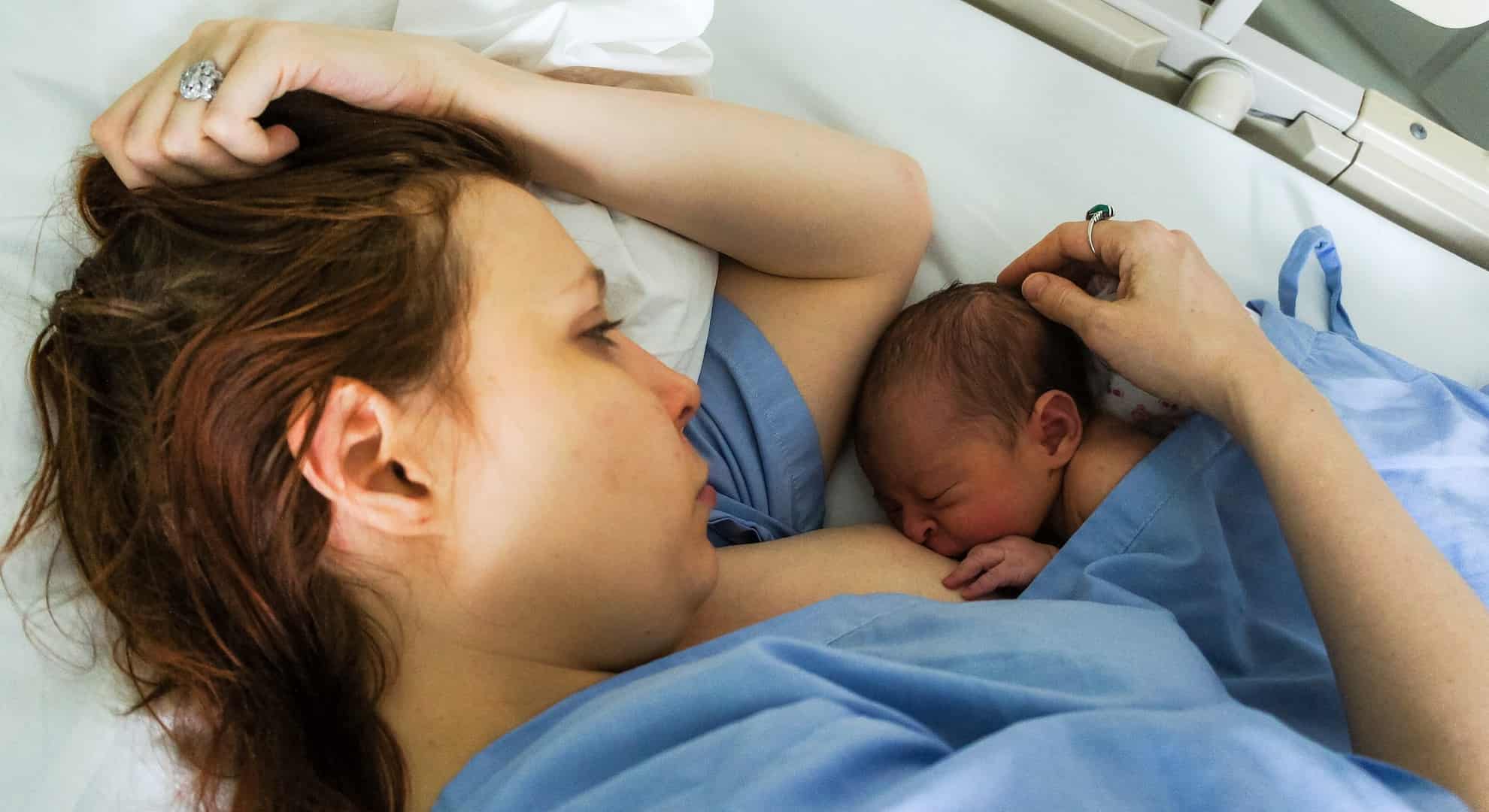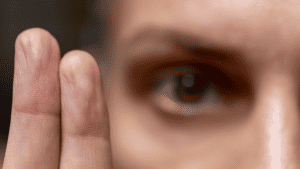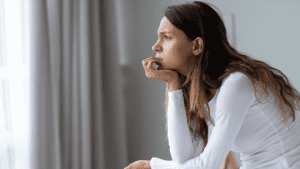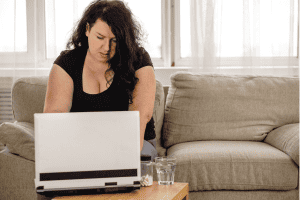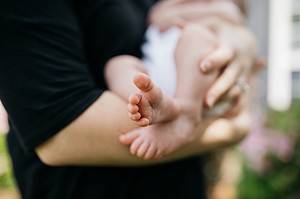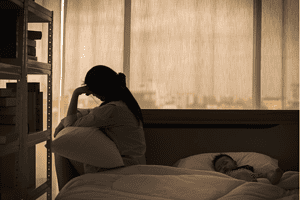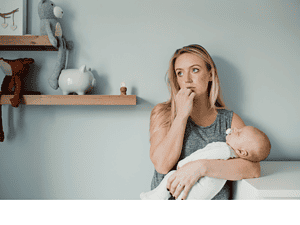Toxic positivity in perinatal health
I remember many years ago welcoming a new mum, her husband, and her 12 day old daughter into my photography studio for their first shoot together as a family. I had previously photographed the couple in a maternity shoot, and was really excited to see them again. We had spoken then about so many things, from the progress of the nursery to their plans for birth, so I couldn’t wait to hear how it all went. They came in, looking flustered and exhausted, but I quickly helped them to unload all of the new baby travel necessities and made them comfortable with warm drinks. I remember Mum settling in to feed her baby, again somewhat flustered while baby scrambled to latch, then she sat quietly and looked into the eyes of her baby. And that’s when the tears began to fall. Softly, she said to me “Fiona, it was nothing like I had hoped… it was the most horrible day of my life”. I was floored. I didn’t know what to say. The silence was uncomfortable, so I said it… “at least she’s here and she’s safe”. Even now, over 10 years later, I feel sick to my stomach that I said those words that day. But I’m sure I said it multiple times in those years. Along with “it’s over now, don’t focus on it”, or “you’re here now, that’s the main thing”. I can’t imagine how deep those words must’ve cut.
This is toxic positivity, and it’s rife in perinatal support and health.
Toxic positivity involves holding a continuous positive outlook to the point of denying ones own emotions or the emotions of others. It involves dismissing negative emotions and responding to distress with false reassurances rather than empathy.
A place of discomfort
For some, this comes from a place of ignorance… the misguided belief that mindset is everything – if we can shift our mindset to a place of positivity then all will be ok. But for most, it comes from a place of discomfort… being unable to sit in the pain of others… often through no fault of our own because this is not something we’re ever taught how to do. As children we learn to ‘be positive’, but in response to trauma and pain, it’s damaging.
The pain of years of trying to conceive a deeply desired child… “chin up, mindset is everything. Think positively and it will happen!”.
The experience of an emotionally and physically traumatic birth… “be positive, it was months ago anyway and baby is healthy”. How can someone who has their fight/flight/freeze response continuously activated through trauma simply decide to ignore it?
The pure exhaustion, helplessness and loneliness of early parenting… “focus on the good parts, it won’t last forever”.
Potential impact
For our perinatal clients toxic positivity is dangerous, and the impact can be long-lasting. And when it comes from the professionals they seek out and trust, the impact is so loud it can be deafening. Toxic positivity from health professions can cause:
- a loss of self-esteem and/or self-confidence, particularly in parenting;
- dismissal of self, invalidation of one’s own experience;
- dissociation or disconnect from reality and/or feelings;
- create a stigma around mental health difficulties;
- induce feelings of shame and failure;
- alienation, comparison and isolation;
- appeasement or people pleasing;
- delayed trauma healing and recovery;
- hesitation to seek out vital support when it’s needed most.
Positive mindset has its place
Don’t get me wrong, positive mindset does have its place, for sure. It can help re-frame a situation and can help you to see the facts in a different light. And from there, can help inform your decisions in new ways. When we have tools and strategies for working through our emotions, understanding them and how they manifest, we can use mindset to assist us in overcoming these emotions. Mindset work brings hope, confidence and optimism, which we all need.
But there is a time and a place for it, and as a response to the disclosure of trauma it’s just not it.
Not knowing how to respond to a new parent in distress is hard. I know, I’ve been there! But filling the silence with statements such as these often does more harm than good.
Ready to learn more?
If you’re a perinatal professional looking for resources on how to more effectively work with trauma within your clients, head over and download my free Complete Guide to Trauma-Sensitive Language and join the waitlist for clients the launch of my course, Rethinking Trauma.
Rethinking Trauma will take you from feeling frustrated and doubtful in your ability to improve the outcomes for your clients with perinatal trauma, to having the clarity and confidence to respond to them in a way that brings richer impact to their lives while giving you a deeper sense of fulfilment in your work. It provides a clear and simple self-paced framework that supports perinatal professionals in confidently transitioning to a profoundly impactful trauma-responsive practice, without over-complicating the process. Email me to jump on the waitlist!
My name is Fiona Rogerson and I am an ACA accredited trauma and perinatal Perth counsellor and Hypnobirthing (Mongan Method) Educator. I work with women and men to overcome emotional and psychological hurdles surrounding traumatic experiences, as well as conception, pregnancy, postpartum, parenting and identity. I also provide professional development training and workshops to various organisations in the area of perinatal trauma. I am based south of the river in Perth in Success, also working via Telehealth across Australia. To work with me, email at fiona@fionarogerson.com.au or phone 0402 017 425 or message via my contact page.


